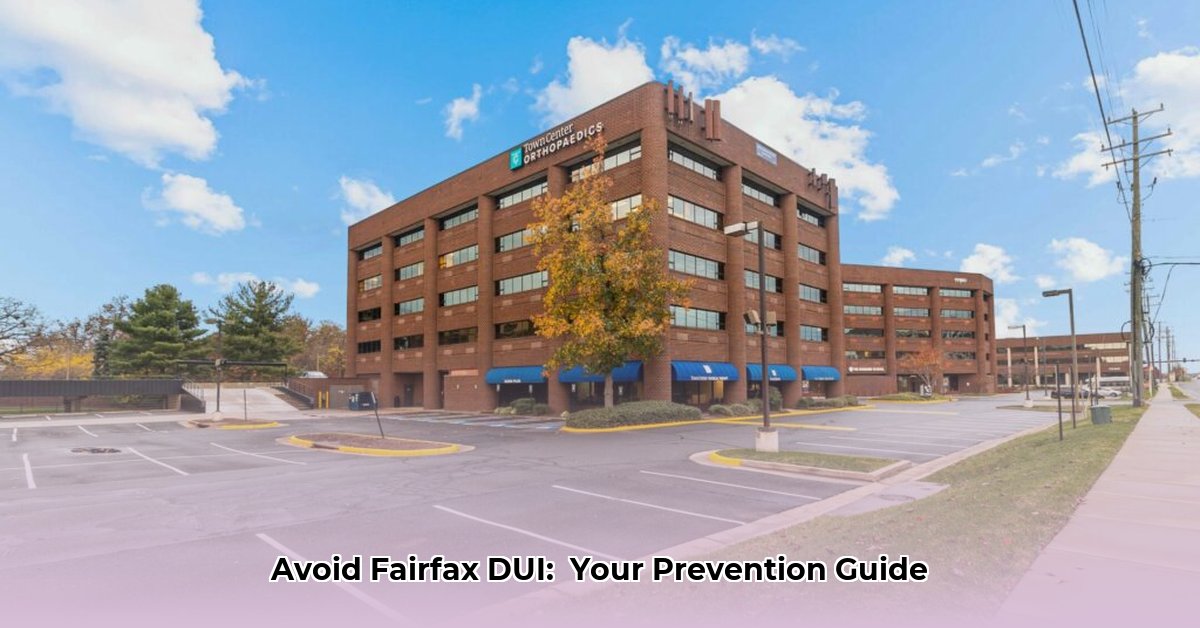
Understanding ASAP Fairfax VA: Your Path to Safer Driving
Facing a DUI charge in Fairfax County, Virginia, can be overwhelming. The Alcohol Safety Action Program (ASAP) Fairfax VA offers a structured path toward responsible driving and rehabilitation. It’s a comprehensive program designed to address both the legal consequences of a DUI and the underlying issues contributing to substance abuse. This guide explains how ASAP works, the services it offers, and how to navigate the process.
Who Should Consider ASAP Fairfax VA?
ASAP Fairfax VA is primarily for individuals facing DUI charges in Fairfax County. The court may mandate participation as part of your sentencing. However, the program isn't solely for those facing legal repercussions. Individuals concerned about their drinking habits and their impact on driving safety can also benefit from the program's resources. It’s a proactive step toward safer driving and improved well-being.
What Services Does ASAP Fairfax VA Offer?
ASAP provides a range of services tailored to individual needs. These include:
- Educational Programs: Classes focus on the dangers of drunk driving, offering strategies for preventing future incidents. You'll learn about risk factors and effective safety measures.
- Individual and Group Counseling: Counselors help identify underlying issues impacting alcohol use and develop healthy coping mechanisms. Group support provides a peer-based environment for sharing experiences and strengthening support networks.
- Treatment Options: ASAP assists with finding and accessing alcohol treatment programs, if necessary. These vary in approach and intensity, depending on individual circumstances.
- Monitoring and Devices: Depending on your situation, you might be required to use an ignition interlock device (a breathalyzer that prevents vehicle startup if alcohol is detected).
- Ongoing Support: Post-program resources may be available to facilitate continued recovery and safe driving habits.
How Does the ASAP Fairfax VA Program Work?
The program typically involves these steps:
- Referral: Referral usually comes from the court system or the Department of Motor Vehicles (DMV) following a DUI charge.
- Comprehensive Assessment: A professional assessment evaluates your driving history, alcohol use, and other relevant factors to create a personalized plan.
- Personalized Program Development: A tailored program is designed based on the assessment, combining appropriate services from the list above.
- Active Participation: Successful completion necessitates active participation in all aspects of your personalized plan. This includes attending classes, therapy sessions, and adhering to any mandated conditions.
- Successful Completion and Graduation: Completion signifies a commitment to safe driving and can positively impact your driving privileges.
The Value of Completing the ASAP Program
Completing the program is not just about fulfilling a court order; it's about making a positive change in your life and improving your driving habits. It’s an investment in your safety and the safety of others. The skills and strategies learned extend beyond driving, contributing to healthier overall life choices.
"The ASAP program is more than just a legal requirement; it's a journey towards personal responsibility and safer driving. Many participants find that the support and education they receive helps to transform their lives beyond the courtroom," says Dr. Emily Carter, Clinical Psychologist at Fairfax Behavioral Health.
Finding More Information and Support
For more details, visit the official ASAP Fairfax VA website 1. This website offers contact information, comprehensive program details, and links to additional support resources. Don't hesitate to reach out; seeking assistance is a positive step towards positive change.
The Long-Term View: Continued Success After ASAP
Long-term success depends on continued commitment to safe driving practices and responsible lifestyle choices. The program lays the foundation, but maintaining sobriety and safe driving habits requires ongoing effort. Continued support groups, therapy, or sponsorship can greatly assist in this process. Building a strong support network and fostering healthy habits are key to sustaining the positive changes made during the program.
Isn't it vital to understand that relapse is a possibility, and having a strong support system in place can significantly decrease the chance of future incidents?
Remember, recovery is a journey, not a destination. You are not alone in this process.